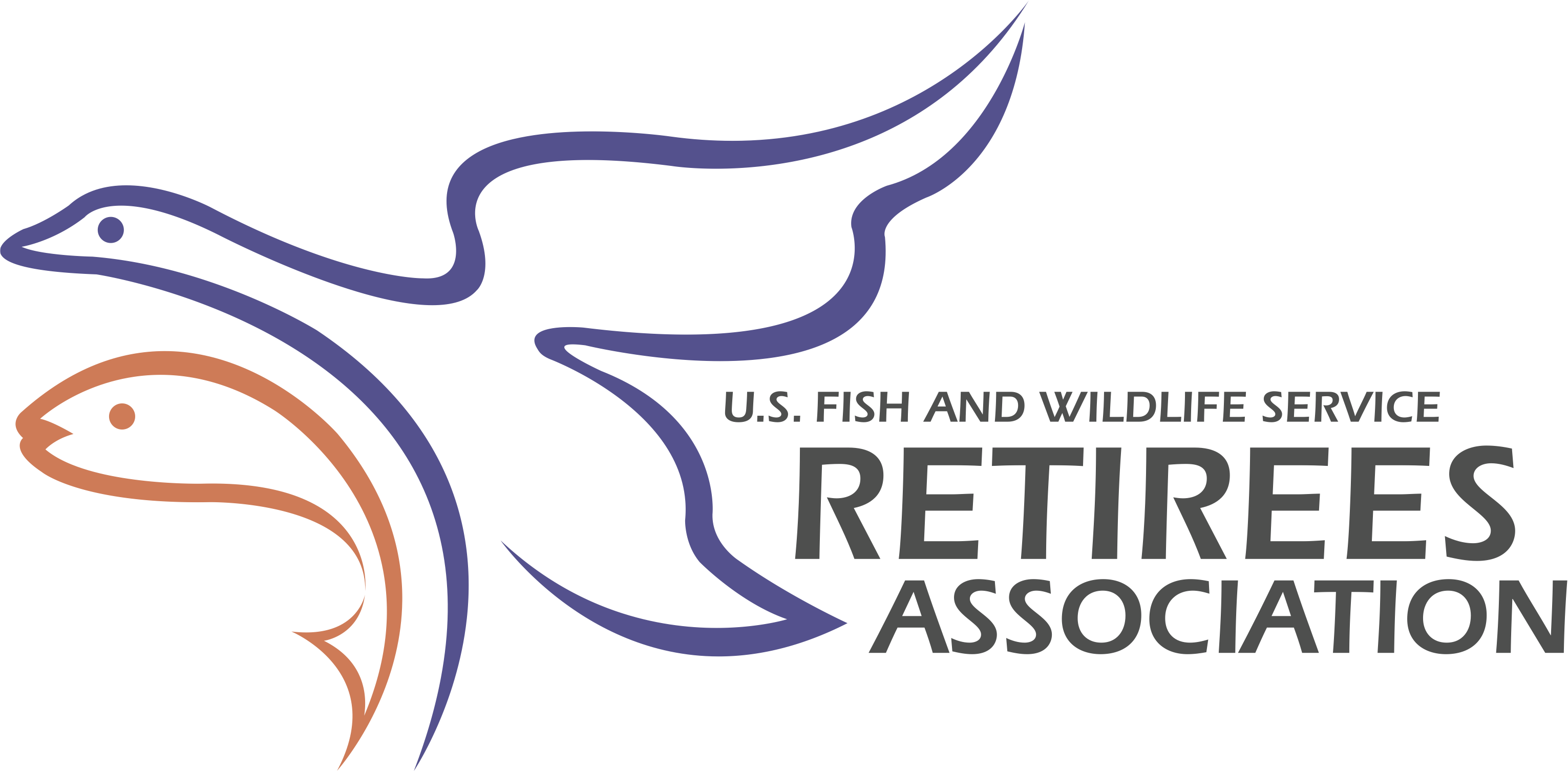Black Brandt at Izembek National Wildlife Refuge, Alaska. Lisa Hupp, USFWS
Supplemental EIS Preferred Alternative Calls for Land Exchange and Road Within Izembek National Wildlife Refuge in Alaska. Comments due December 30, 2024.
In a draft environmental impact statement released on November 13, 2024, the U.S. Fish and Wildlife Service recommended a multi-part swap of land between the federal government and a for-profit Native corporation to free up a corridor for an 18.9-mile road cutting through what is currently designated wilderness in the refuge that lies at the tip of the Alaska Peninsula.
The road would connect King Cove, a mostly Alaska Native community of nearly 900 people, with the airport at Cold Bay, a community about 18 miles by air to the northwest. While Cold Bay is smaller – with only 57 residents, according to the Alaska Division of Community and Regional Affairs – its airport has a long, jet-accommodating runway. Built by the U.S. Army during World War II, the airport is now owned by the state and can operate year-round.
If carried out, the trade would serve multiple needs, the draft EIS said. “The purposes of the proposed action are to provide a safe, reliable, year-round transportation system for health and safety purposes, with particular emphasis on emergency medical evacuations, between King Cove and Cold Bay, Alaska, and increase the overall conservation values of lands preserved in the National Wildlife Refuge System and also maintain or increase the opportunity for subsistence uses by rural Alaskans,” the document said.
The idea of an Izembek road made possible through a land trade has a long history. Past plans have made it through various stages of the approval process, but then were either dropped by administrative policy changes or, as was the case in 2019, struck down by a federal court as illegal and, after that mired in the appeals process. King Cove residents and their supporters, who include Alaska political leaders, have long argued that a road is needed to allow for emergency medical evacuations, among other purposes. There is currently no safe way to conduct medical evacuations from King Cove year-round, the project supporters argue.
Arrayed against the project are environmentalists and some Alaska Native residents and organizations. They argue that the land trade sets a dangerous precedent and that the road development will damage wildlife habitat, including wetlands vital to migratory bird populations on which the region’s Yup’ik people depend for food and culture.
The biological heart of the Izembek refuge is Izembek Lagoon, site of one of the world’s largest eelgrass beds, according to the Fish and Wildlife Service. Nearly the world’s entire population of Pacific brant uses the lagoon eelgrass during migration, according to the service.
The preferred alternative in the draft environmental impact statement, which is technically a supplemental document building on past studies, would give 490 acres of refuge land to the Native-owned King Cove Corp. in exchange for 31,198 acres. Most of the King Cove Corp. land given to the federal government would be added to the Alaska Peninsula National Wildlife Refuge east of Izembek. The Aleut Corp., the regional for-profit Native corporation, would retain subsurface rights in the 29,459 acres added to the Alaska Peninsula refuge, under the alternative. The road, if built, would cost about $21 million, according to the document. It is envisioned as a single-lane gravel route.
Opponents said they will continue to fight the project.Among the opponents making statements was Edgar Tall, chief of the Native Village of Hooper Bay, the tribal government for that Yup’ik community. “This is deeply distressing news and flies in the face of the Biden administration’s stated commitment to listen to tribes — we have not been heard. We understand the needs of King Cove and Cold Bay, but reliable solutions exist to improve access between the communities that would not jeopardize our tribe and others throughout Alaska,” Tall said in a statement.
The Fish and Wildlife Service will accept public comments on the draft through December, 30, 2024. A final environmental impact statement and, potentially, a decision on action are expected after then. Final action may fall to the incoming Trump administration, which takes office in January.
See original article at https://alaskapublic.org/2024/11/14/biden-administration-gives-support-to-controversial-land-trade-in-alaska-wildlife-refuge/
Go to https://www.regulations.gov and then search for FWS-R7-NWRS-2023-0072 or you can search for the word Izembek and that will take you to the detailed information and how to comment.

